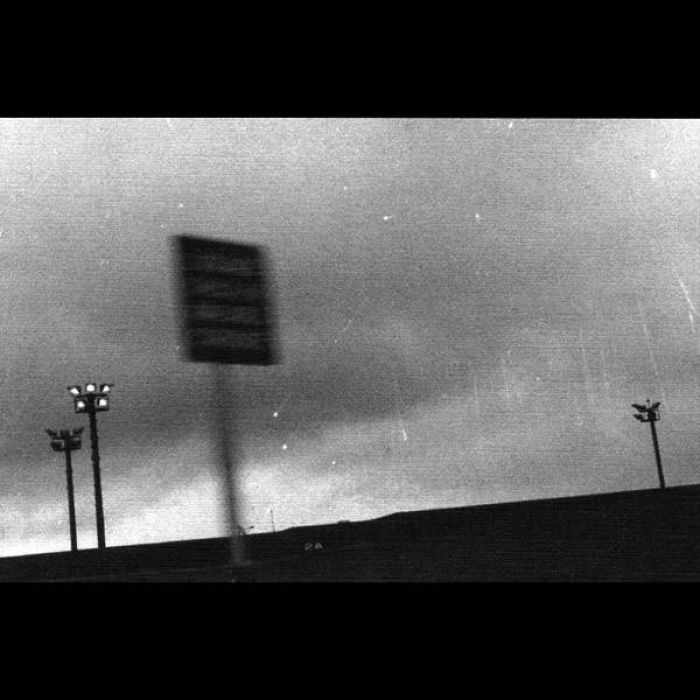
Bands sans vocals and possessing a cinematic bent are hardly in short supply these days. You can throw a rock in a decent record store and usually hit at least three. The idea behind most of them is to either score the music for sci-fi flicks yet to be made, or to recap Ennio Morricone in a western mood — and that’s not even accounting for all the surf bands that suddenly discovered most of the scales they favored could work as “spy” music when played slowly.
Godspeed You Black Emperor! is hardly one of these bands. Whereas some bands would favor a sampler to reproduce sounds unusual to rock music, GYBE! favors warm, amorphous ambient tape loops, and the actual instruments themselves (anyone for a glockenspiel solo?). Not content to just stick a bowed instrument in for novelty’s sake, the Godspeeders boast two such musicians. When one finds out exactly how many people make up the old black emperor, (between 9 and 13 members, depending on who and when you ask), the idea begins to formulate that we’re not talking about a big band anymore, but a small orchestra (with always at least 2 drummers, 2 string players, 3 guitarists, 2 bassists).
Nothing’s small in GYBE!‘s music. Some instrumental bands tackle the small village shootout for a theme, but for GYBE! — the entire desert or prairie itself. That’s just the music that has some sort of reference to what you may have heard before. The slowly-evolving, volume-ever-increasing, reverbed shootouts are spliced together with snippets of spoken word, sheets of echo, and what often sounds like an armada of Russian spy trawlers firing clarinets and french horns at mermaids under the Northern Lights.
If there’s a complaint for this band, perhaps it’s that so far the band can be a bit of a one trick pony, both live and on record. As said before, their music always starts slowly and quietly and gets heavier and faster as the piece builds. But hey, when you do that trick so well, who’s noticing? The band doesn’t need to jettison this as a facet of their personality, I just wonder how amazingly well they could do the static, unchanging, monolithic sounds that some post-rock bands are so great at.
Finally, the spiritual dimension of this band is undeniable. The spoken word intros — religious fervor in the streets, people sick and tired of being mad as hell — and the accompanying films they show live are a perfect fit. Amid a fractured cut-up of flashing, blurry images, the word “hope” often would jump out. It clashed with the sadder tonalities of the music, but in the most perfect way (anyone for poignancy?). As one of their guitarists told me after their Atlanta ’98 show, it is indeed a very messed up, ugly world, and at the same time they still have hope, and wish to convey both extremes. Quite gutsy in the emotional void of today’s music.
Written by Pearson Greer.